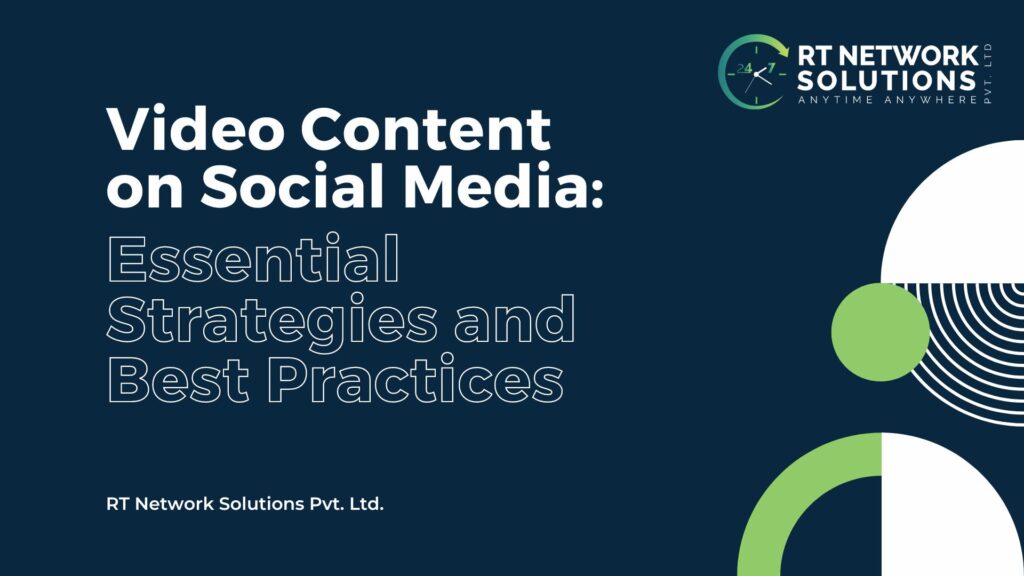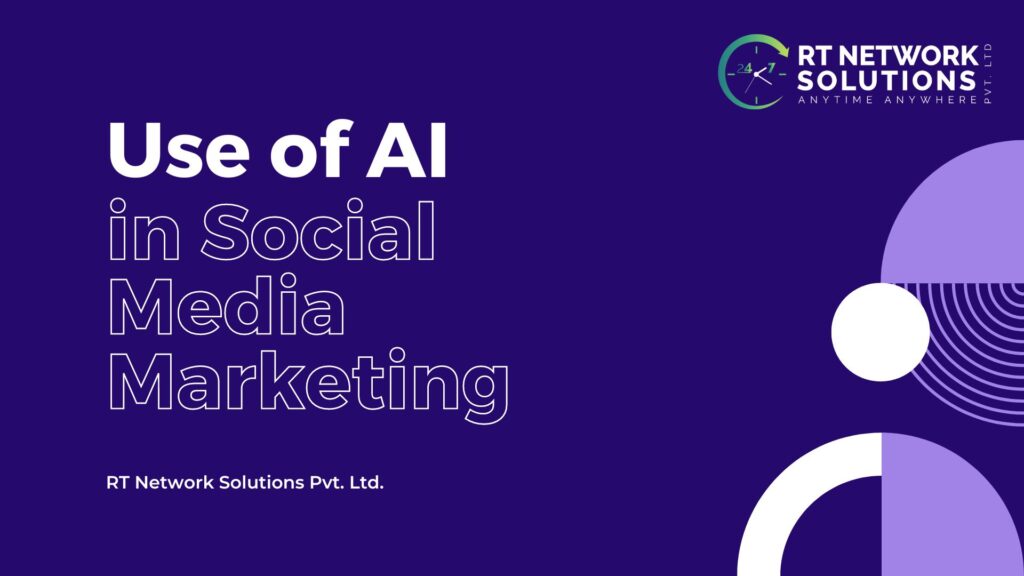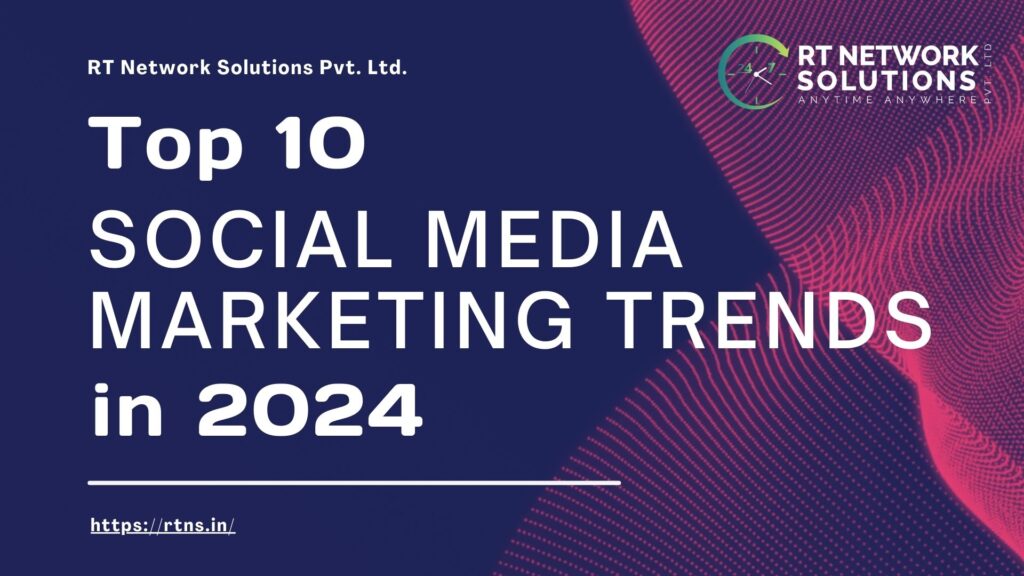Video Content on Social Media: 11 Essential Strategies and Best Practices

Video Content is more Engaging. Here’s why Across the world, studies have proved beyond a doubt that video content typically garners more engagement than static posts on social media. You shouldn’t be wondering too hard why this is the case. There are several reasons why: Best Practices To Follow While Creating Video Content On Social Media The dynamic nature of video content, combined with its ability to convey emotions, tell stories, and engage audiences, makes it a powerful tool for brands and individuals looking to succeed on social media. Consequently, the popularity of video content on social media is exploding right now. However, one needs to keep in mind that creating engaging and effective video content for social media involves several best practices to maximise reach, engagement, and impact. We provide you with some doable tips: Needless to say, creating video content for social media takes creativity, time, ideation, effort, A/B testing, and revisions. It is not a one-shot affair. You need to keep monitoring your social media video performance metrics such as engagement, views, and shares which will enable you to know the video content that clicks best with your target audience. By monitoring your video performance and following these simple best practice points, you can create more impactful videos that convert. So, go on and create the compelling video content on social media you’ve always wished for, and effectively engage with your audience to achieve your social media marketing goals.
Use of AI in Social Media Marketing

Leveraging AI in Social Media Marketing AI has become an integral part of social media marketing strategies for many businesses. Here’s how you can leverage AI for social media marketing: Content Creation and Curation AI tools can analyze vast amounts of data to identify trends, topics, and keywords that resonate with your audience. They can also generate content ideas, write captions, and suggest hashtags based on your brand’s voice and style. Also read: Top 10 Social Media Marketing Trends in 2024 Chatbots for Customer Service AI-powered chatbots can provide instant responses to customer inquiries, handle basic support tasks, and even initiate conversations to drive engagement. They can be integrated into messaging apps and social media platforms to provide 24/7 support. Audience Segmentation and Targeting AI algorithms can analyze user data to segment your audience based on demographics, interests, and behaviours. This allows you to create highly targeted and personalised marketing campaigns that are more likely to resonate with your audience. Social Listening and Sentiment Analysis AI tools can monitor social media channels for mentions of your brand, products, or industry keywords. They can analyze the sentiment of these mentions to gauge public perception and identify potential issues or opportunities. Also read: Top 10 Digital Marketing Tools in 2024 Automated Advertising Optimisation AI-powered advertising platforms can optimise your ad campaigns in real-time to maximise performance and ROI. They can adjust bidding strategies, target audiences, and ad creatives based on user behaviour and engagement metrics. Predictive Analytics AI can analyze historical data to predict future trends, customer behaviour, and content performance. This can help you make informed decisions about your social media strategy and allocate resources more effectively. Image and Video Recognition AI algorithms can analyze images and videos to identify objects, faces, logos, and text. This allows you to track brand mentions, monitor user-generated content, and gather insights from visual content shared on social media. Benefits of AI in Social Media Marketing Using AI for social media marketing offers several benefits: Improved Targeting AI algorithms analyze user data to segment audiences based on demographics, interests, and behaviours. This enables marketers to deliver highly targeted content and advertisements to the most relevant audience segments, increasing engagement and conversions. Enhanced Personalisation AI-powered tools can create personalised experiences for users by delivering tailored content, product recommendations, and responses to inquiries. This improves customer satisfaction and loyalty, leading to higher retention rates and lifetime value. Increased Efficiency AI automates repetitive tasks such as content scheduling, ad optimisation, and customer service, freeing up marketers’ time to focus on strategy and creativity. This improves productivity and allows businesses to scale their social media efforts more effectively. Real-time Insights AI-powered analytics tools provide real-time insights into social media performance, audience sentiment, and emerging trends. This enables marketers to quickly adapt their strategies, capitalise on opportunities, and mitigate risks in a rapidly changing environment. Cost Savings By automating processes and improving targeting accuracy, AI helps reduce wasted ad spend and resource allocation. This results in more efficient use of marketing budgets and higher returns on investment (ROI) for social media campaigns. Competitive Advantage Businesses that leverage AI for social media marketing gain a competitive edge by staying ahead of trends, delivering personalised experiences, and optimising campaigns for maximum impact. This allows them to outperform competitors and achieve their marketing objectives more effectively. Scalability AI-powered tools can handle large volumes of data and tasks with ease, making it easier for businesses to scale their social media marketing efforts as they grow. This ensures consistent performance and allows marketers to reach larger audiences without increasing their workload. Overall, integrating AI into social media marketing strategies can drive better results, improve efficiency, and enhance the overall customer experience, ultimately leading to increased brand awareness, engagement, and revenue. What does the Future of AI in Social Media Marketing look like? The future of AI in social media marketing holds exciting possibilities for businesses looking to enhance their digital presence and engagement. Underneath are some potential developments we might see: Hyper-Personalisation AI will enable marketers to deliver even more personalized content and experiences to users based on their individual preferences, behaviours, and intents. This could involve advanced recommendation engines, dynamic content generation, and tailored messaging across various touchpoints. Predictive Analytics AI algorithms will become more sophisticated in predicting user behaviour, trends, and market dynamics. Marketers will be able to anticipate customer needs, optimise campaign performance, and stay ahead of competitors by leveraging predictive analytics and machine learning models. Augmented Reality (AR) and Virtual Reality (VR) AI-powered AR and VR experiences will revolutionise social media marketing by enabling immersive storytelling, interactive product demonstrations, and virtual try-on experiences. Brands look forward to innovative engagement with users in new and creative ways, driving deeper connections and higher conversion rates. Voice and Natural Language Processing (NLP) Voice-enabled AI assistants and chatbots will become increasingly prevalent on social media platforms allowing users to interact with brands using natural language commands and conversations. NLP technologies will enable more seamless and intuitive user experiences, facilitating smoother customer interactions and transactions. Advanced Content Creation and Editing AI will play a greater role in content creation and editing, assisting marketers in generating high-quality visuals, videos, and written content. From automated video editing to AI-generated creative assets, businesses will have access to tools that streamline content production while maintaining creativity and authenticity. Ethical AI and Privacy Concerns As AI becomes more integrated into social media marketing, there will be growing concerns about data privacy, algorithmic bias, and ethical considerations. Businesses will need to prioritise transparency, accountability, and responsible use of AI to build trust with consumers and mitigate potential risks. Cross-Channel Integration AI will facilitate seamless integration across multiple social media platforms and marketing channels, enabling marketers to orchestrate cohesive and personalised campaigns across the entire customer journey. Unified data analytics and AI-driven insights will empower businesses to optimise omnichannel marketing strategies for maximum impact. As every single day sees newer technological strides and advancement in the field, it is fairly clear that
Top 10 Social Media Marketing Trends in 2024

Social media marketing is an influential tool for businesses to reach and engage with their target audience. This relatively new form of marketing involves leveraging social media platforms to promote products, services, or content, engage with audiences, and achieve marketing objectives. It encompasses activities such as creating and sharing compelling content, interacting with followers, running targeted advertising campaigns, and analyzing performance metrics to optimize strategies. Through social media marketing, businesses can build brand awareness, foster customer relationships, drive website traffic, and generate leads or sales. It’s a dynamic and interactive approach that requires understanding audience preferences, staying abreast of platform trends, and adapting strategies to achieve business goals effectively in the ever-evolving digital landscape. The social media marketing scene is evolving rapidly. Newer platforms, features, and algorithms continually emerge reshaping how businesses connect with audiences. Trends such as different formats of video, influencer marketing, and social commerce are constantly shifting forms as they develop, requiring marketers to stay agile and innovative. Consumer behaviours and preferences also tend to change quickly, influencing content consumption patterns and engagement expectations. Additionally, factors like privacy regulations, algorithm updates, and cultural shifts impact social media strategies. To remain competitive and relevant, it is imperative that marketers adapt swiftly, experiment with newer approaches, and stay continually updated about industry trends and technological advancements in the ever-changing landscape of social media marketing. Key Social Media Marketing Trends in 2024 Here are some key trends in the social media marketing landscape in 2024: Video Content Dominance Video content continues to dominate social media platforms. Both long-form and short-form videos, live streaming, and interactive video content such as polls and quizzes are highly engaging and effective for capturing audience attention. While short-form videos have been dominant, there’s a growing trend towards longer-form content. Platforms like YouTube and Instagram are pushing longer videos, allowing for deeper storytelling and audience connection. Stories and Fleeting Content Following directly from the earlier point, the popularity of ephemeral content, such as Instagram Stories, Snapchat, and Facebook Stories, continues to rise. These formats provide opportunities for authentic, real-time engagement with audiences and are well-suited for behind-the-scenes content, product teasers, and limited-time offers. Influencer Marketing Evolution and the Rise of Influencers Influencer marketing remains a powerful strategy for reaching niche audiences and building credibility. However, there’s a shift towards micro-influencers (those with smaller, more engaged followings) and a focus on authenticity and transparency in influencer partnerships. As is pretty apparent nowadays, in many cases mega-influencers are taking a backseat and micro-influencers who have smaller but highly engaged followers are calling the shots. Niche markets and authenticity are what marketers are seeking. Partnering with micro and nano influencers can be a more targeted and cost-effective way to reach your ideal audience. Social Commerce Integration including Live Streaming and Interaction Social media platforms are increasingly integrating e-commerce features, allowing users to discover and purchase products without leaving the app. Features like Instagram Shopping, Facebook Marketplace, and Pinterest Shopping Ads provide seamless shopping experiences for consumers and new revenue streams for businesses. Live video offers a unique opportunity to connect with your audience in real time. Look for features like polls, Q&A sessions, and live shopping to enhance the live stream experience. Augmented Reality (AR) Experiences AR is revolutionizing social media by offering immersive and interactive experiences for users. Brands are leveraging AR filters, lenses, and effects on platforms like Snapchat, Instagram, and Facebook to enhance brand engagement and drive user-generated content. Imagine trying on clothes or a pair of eyewear virtually or seeing how furniture would look in your home. Watch out for more and more brands to utilize AR for engagement. Personalisation and AI Social media algorithms are becoming more sophisticated, enabling personalized content recommendations and ad targeting. AI-powered tools are being used to analyze audience data, automate content creation and scheduling, and optimize ad campaigns for better performance and ROI. Artificial intelligence (AI) continues to create big splashes in social media marketing. From chatbots for customer service to personalized content recommendations, AI is helping brands create more engaging and effective experiences. Social Listening and Community Building Brands are prioritizing social listening to understand audience sentiment, monitor conversations, and identify trends or opportunities. Building and nurturing online communities is also essential for fostering brand loyalty, advocacy, and customer support. User-generated content, like reviews, testimonials, and social media posts featuring your brand, is extremely powerful. Marketers are leveraging UGC to build trust and authenticity. Sustainability and Social Responsibility Consumers are increasingly conscious of environmental and social issues, and they expect brands to demonstrate corporate responsibility. Social media platforms are used to communicate sustainability initiatives, ethical practices, and social impact efforts, resonating with socially conscious audiences. Privacy and Data Protection With growing concerns over data privacy and security, social media platforms are implementing stricter policies and regulations. Brands need to be transparent about data usage, prioritize user privacy, and comply with regulations like GDPR and CCPA to maintain trust with their audience. Building trust and transparency with data practices will be critical for social media marketers. Short-form Content Platforms Emerging platforms focused on short-form content, such as TikTok and Instagram Reels have gained considerable popularity among younger demographics. Brands are experimenting with these platforms to create engaging, entertaining content and reach newer audiences. Also read: Top 10 Digital Marketing Tools in 2024



